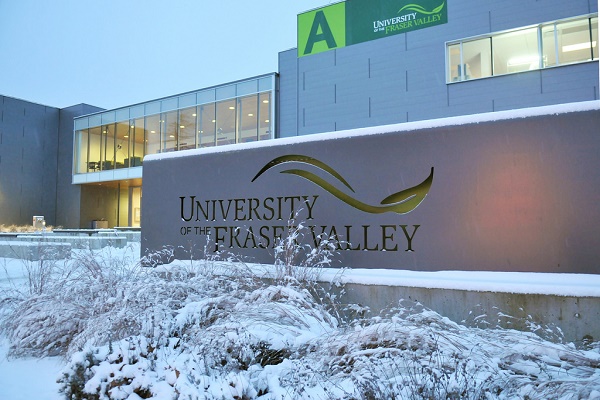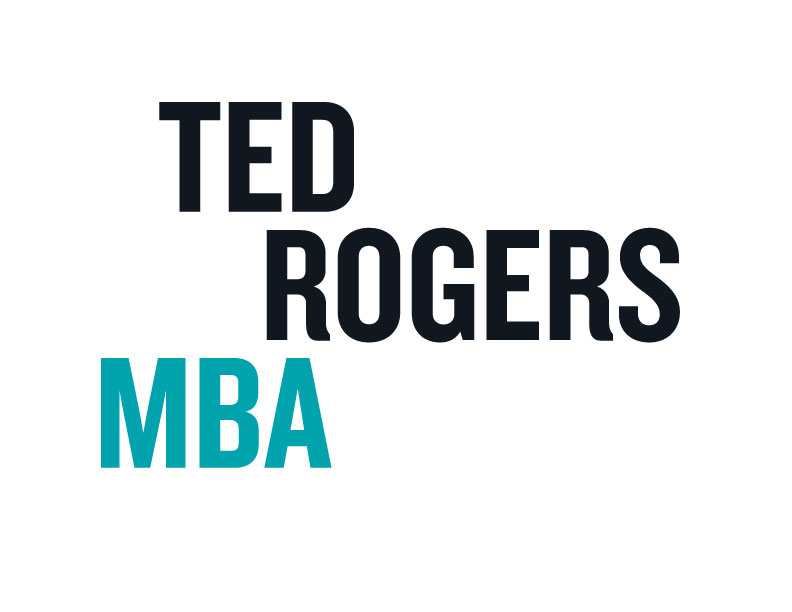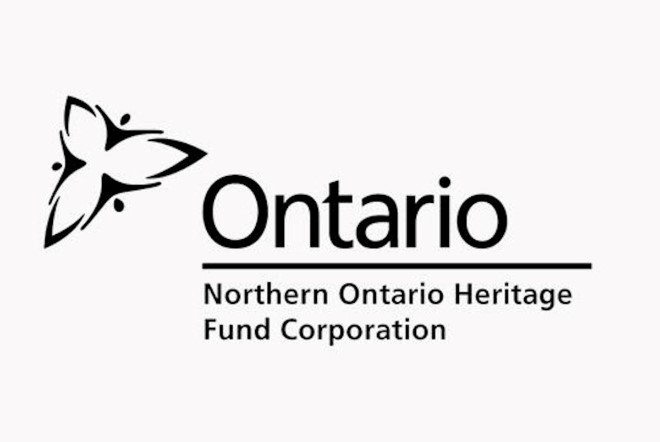Dalhousie University, situated in Halifax, Nova Scotia, Canada, stands as a distinguished and prominent institution of higher education. Established in 1818, it has cultivated a rich legacy of academic excellence and innovation, making it one of the most respected universities in Canada and beyond.
At the heart of Dalhousie University lies a relentless pursuit of academic excellence. The institution’s academic programs are designed to challenge and inspire students, fostering critical thinking, problem-solving skills, and a deep understanding of their chosen fields.
Scholarship Description:
- Host University: Dalhousie University;
- Host Country: Canada;
- Study Level: Masters and PhD Level;
- Scholarship Type: Fully Funded;
- Scholarship Worth: 10,000$ – 30,000$;
- Eligible Countries: National and International Students;
- Subjects Available: All Subjects;
- Application Deadline: January 16th, 2024.
The Scholarships are now available for all National, Master, International, and PhD Students in all fields to have the opportunity to pursue their studies at the Dalhousie University, Canada.
Dalhousie University is renowned for its contributions to cutting-edge research and innovation. It maintains numerous research centers and institutes, creating an environment that encourages both faculty and students to engage in groundbreaking research projects. Whether it’s in the field of marine biology, health sciences, sustainability, or any other discipline, Dalhousie is at the forefront of driving discoveries and advancements.
Dalhousie recognizes the importance of experiential learning. The university offers co-op programs, internships, and opportunities for community engagement, allowing students to apply their classroom knowledge to real-world challenges. These experiences are integral to a Dalhousie education, equipping graduates with the practical skills and insights needed for their future careers.
Scholarship Benefits:
Nova Scotia Graduate Scholarship:
- This scholarship is a game-changer for those pursuing Master’s or Doctoral degrees. For Master’s level recipients, it means an annual boost of $10,000 for two years, and the possibility of renewal each year. Doctoral-level recipients, on the other hand, receive a generous $15,000 annually for four years, with the potential for annual renewal.
Killam Predoctoral Scholarships:
- Aiming to empower the academic pursuits of Master’s (Level 1) and Doctoral (Level 2) students, these scholarships offer substantial financial support. For Level 1 Master’s students, the scholarship opens doors to up to $42,000 per year for a maximum of two years. Additionally, an extra $2,500 is allocated to address international tuition fees, and a relocation allowance, if needed. Level 2 Doctoral students can benefit from up to $42,000 per year for a maximum of three years, with the inclusion of a relocation allowance when circumstances require.
Vitamin Scholarship:
- The Vitamin Scholarship is a refreshing opportunity for students pursuing Master’s and Doctoral degrees. Valued at $19,000 for Master’s students and $21,000 for Doctoral students, it covers an entire academic year spanning 12 months. Typically, one to two fortunate individuals receive this award annually.
Abdul Majid Bader Graduate Scholarship:
- A prestigious scholarship with a value of $40,000 for a full-time academic year lasting 12 months. The remarkable aspect is its renewability, contingent upon an annual progress review. Holders of this scholarship can enjoy its benefits for a maximum of 24 months of full-time study. It’s essential to note that this scholarship doesn’t cover fees, and recipients are responsible for using the awarded amount to cover their expenses.
Eligibility Requirements:
For Aspiring Master’s Students:
- Take a close look at the CGS-M Evaluation Criteria, as they form the foundation for evaluating and ranking applications. Understanding these criteria is vital in crafting a competitive application.
- When preparing your application, use clear and straightforward language. Avoid the use of complex jargon or specialized terminology to ensure your application is accessible and easily understood.
- Explore the “Outline of proposed research (attachment)” section in the CGS-M instructions. This resource offers valuable guidance on what to include in a robust research proposal, a critical component of your application.
For Doctoral Hopefuls:
- Delve into the selection criteria for the Harmonized CGS-Doctoral programs. These criteria will play a pivotal role in the evaluation process and are essential to understand.
- Seek guidance from the Research Proposal instructions provided for the Vanier doctoral competition or the Tri-Agency Doctoral competition. These instructions offer valuable insights into what should be included in a strong research proposal, a crucial element of your application.
Application Process:
Step 1: Application Creation
- Now, it’s time to create a new scholarship application or make adjustments to an existing one. You can access this option by selecting from the list under “My applications” on your homepage. It’s important to note that each applicant is allowed to submit only one application per competition, so please avoid submitting multiple Harmonized Scholarship applications.
Step 2: Master’s CGS-M Opt-In (if applicable)
- If you’re a Master’s applicant who has applied for the Tri-Agency CGS-M competition, you have the option to opt in and use your CGS-M application within the Harmonized Scholarship Process. To do this, select “Master’s Level – CGS-M Opt-In” as the submission category and proceed with the application. The Faculty of Graduate Studies will connect your CGS-M application to your opt-in form, incorporating reference letters and transcripts submitted for the Tri-Agency CGSM competition. The deadline to opt in is December 1st, aligned with the CGS-M application deadline set by the Tri-Agency. If you choose not to opt in with your CGS-M application, you’ll need to complete a full Harmonized Scholarship Application to be considered for other awards.
Step 3: Transcript Upload
- Ensure you obtain official transcripts and upload them directly in the scholarship portal, following the provided application instructions. It’s important to note that the Faculty of Graduate Studies will not supply transcripts from admission applications. For the harmonized scholarship process, unofficial grade reports can be used in place of official transcripts for current Dalhousie students.
Step 4: Reference Letters
- It’s crucial to ensure that all reference letters are submitted within the portal by the deadline, which is January 16, 2024 (or February 15 for non-thesis applicants). After this date, the application portal will close to both applicants and referees, and incomplete applications will not be forwarded for review. Reference letters will not be accepted via email or in hard copy. It is advisable to inform your referees of the deadline a few days to one week before January 16 to account for unforeseen emergencies or technical issues. Applicants will receive email notifications from the portal, and a “received” notation will appear in red next to each referee’s name once their reference has been completed.
Official Website:
For more information, please visit the university’s official website: https://www.dal.ca/admissions/money_matters/awards-financial-aid/scholarships.html





